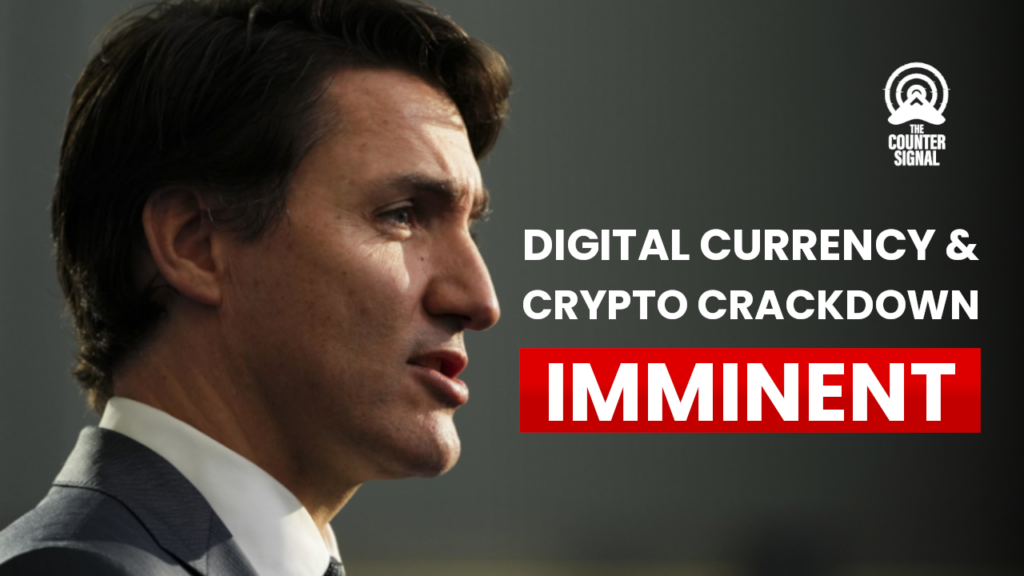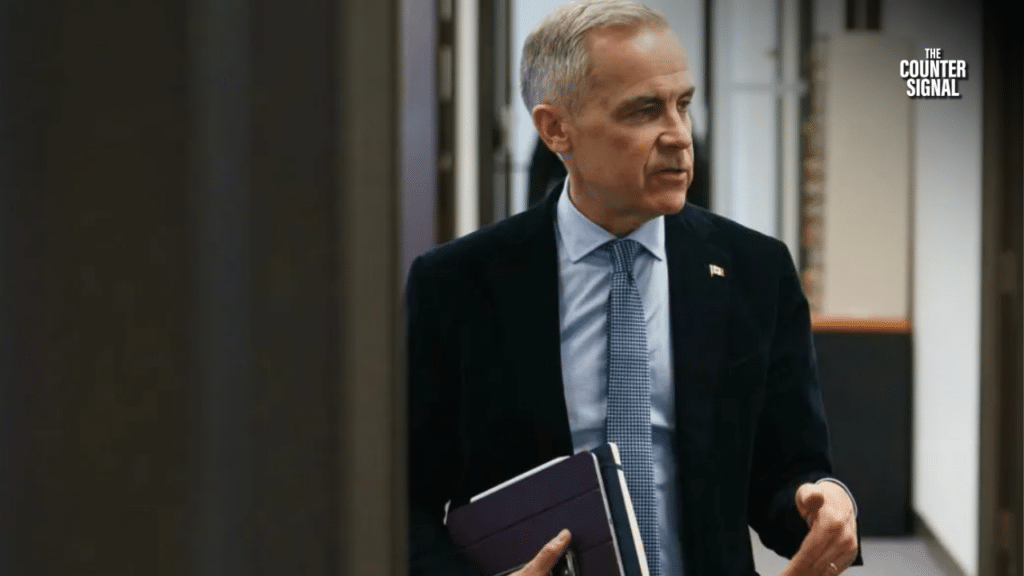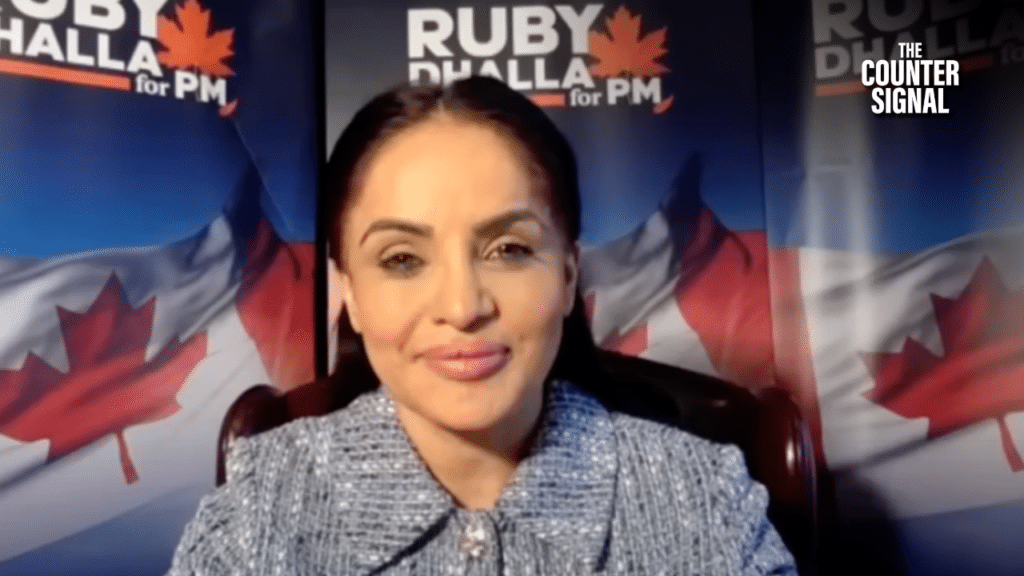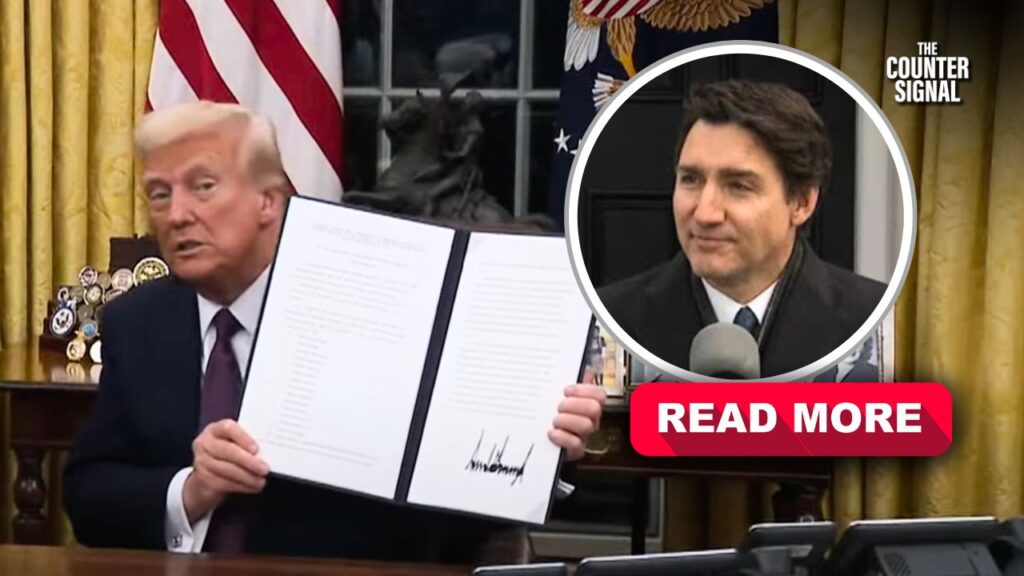PM Justin Trudeau managed to sneak a possible national digital currency into the 2022 budget and plans to expand the powers of the government to crack down on crypto transactions.
In Chapter 9.1 (conveniently the last chapter) of the budget, the Liberals outline their plan to give the Finance Department $17.7 million to conduct a comprehensive review of Canada’s financial sector, including how to crack down on cryptocurrency and potentially establishing a “central bank digital currency in Canada.”
While the budget report doesn’t mention the Freedom Convoy by name, it tacitly acknowledges it and cryptocurrency’s role in financing the protest.
As per the budget report, “In the last several months, for example, there have been a number of high-profile examples—both around the world and here in Canada—where digital assets and cryptocurrencies have been used to avoid global sanctions and fund illegal activities.”
“…. The first phase of the review will be directed at digital currencies, including cryptocurrencies and stablecoins.”
——————————————————————————————————————————————
If you would like to support The Counter Signal’s coverage, please donate Bitcoin to the following address: bc1qqwct4syum2jvl04sjnztxyttl37zs2fq933uam
——————————————————————————————————————————————
As Deputy PM Chrystia Freeland promised following the invocation of the Emergencies Act and seizure of crypto wallets, the government now plans to expand the Proceeds of Crime (Money Laundering) and Terrorist Financing Act under the Financial Transactions and Reports Analysis Centre of Canada (FINTRAC) to better enable the feds to go after those dealing in cryptocurrency and “manage emerging threats.”
Ironically, the claim that those funding the Convoy were engaged in terrorist financing was later disputed by FINTRAC Deputy Director of Intelligence Barry MacKillop, who didn’t see a clear threat from the Convoy.
“What’s happening in Ottawa has not been, to my knowledge, identified as ideologically motivated, violent extremism,” MacKillop said.
Nonetheless, the Trudeau government is moving forward with their crackdown on cryptocurrency and the free market and further centralizing Canada’s banking system.
Moreover, though a national digital currency is only mentioned in passing, its implications are radical.
A national digital currency has already been established in China, and it’s the primary means by which citizens are punished under the government’s social credit score system.
Under the system, if you dissent, even a little bit, the government can restrict access to your bank account — as was done via the Emergencies Act in Canada — prevent you from travelling and completely limit your access to public services and society.
Thus, citizens are left with the terrible choice of absolute compliance or starvation, suffering, and ostracization.
One can only imagine what such a system would look like under the climate-obsessed Liberals.
While many aren’t sure if climate impact scores will ever be assigned to individual citizens — it seems too radical — it isn’t out of the question, and the technology already exists.
Mastercard has partnered with tech companies to create a carbon calculator to gauge consumers’ carbon impact and even a climate impact credit card that monitors your spending and can automatically restrict access if you purchase too many products (gas, food, etc.) deemed to be harmful to the environment.
A national digital currency could easily function in the same way should Trudeau decide that the economically disastrous carbon tax isn’t enough to ‘save the planet.’
As an aside, establishing national digital currencies that are eventually merged into a global digital currency has long been a goal of the World Economic Forum (WEF) and other unelected globalists looking to subvert national sovereignty.
Moreover, it brings up several privacy concerns.
As PPC Leader Maxime Bernier notes, “Central bank digital [currency] is coming. The government will know every transaction you make and will potentially have complete control over your bank account.”
Coupled with a real-time Digital ID and the government will truly know everything you do, and two-of-three factors for implementing a social credit score in Canada will be in place. The last factor is acceptance.











